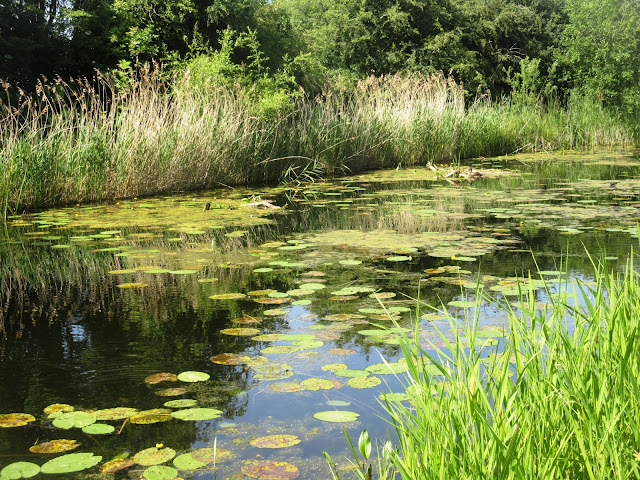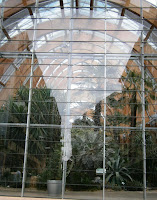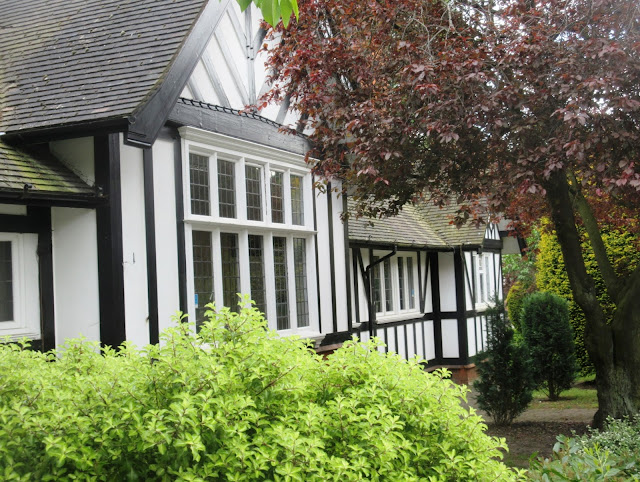Embed from Getty Images
Andrew Rawnsley, while recognising what an important figure the winner may turn out to be, complains that the current contest for the leadership of the Liberal Democrats is "as exciting as a bowl of tofu":
The audience in a lecture theatre at the London School of Economics asks thoughtful questions. The rivals, taking it in turn to answer, are unfailingly courteous towards each other.
There is no shouting, interrupting or name-calling. I have heard ruder conversations between nuns.
When one contestant speaks, the other spends a lot of time nodding along in agreement. They even smile at each other’s tepid jokes.
I have suggested in the past that
the customary niceness of our leadership contests may not serve the party well.
In 2015 neither Tim Farron's views on gay sex, which were to hamper us at the 2017 general election, nor Norman Lamb's views on Europe, which might well have proved more of a burden, were subject to scrutiny.
And back in 2007,
Nick Clegg was outraged when Chris Huhne pointed out that he held views on public spending that were at odds with those of the bulk of Lib Dem members.
That turned out to be very important in 2010.
The niceness and lack of disagreement this time has made it hard to decide between Ed Davey and Jo Swinson. But I have made up my mind to vote for Ed.
The reason is that I am clearer about what I would be getting from his leadership. The emphasis on the environment and belief in the Lib Dems as standard-bearers for Liberalism speaks to me and has been laid out in some detail.
Jo, by contrast, speaks of "a liberal movement" and says we must "transform the economy so it works for people and the planet".
The former may well mean no more than the handful of local pacts I supported in
a post the other day, but I fear it may mean a grand strategy that falls flat. Call it David Steel Syndrome.
And the latter could appeal to me, but I have little idea of what it would mean in practice. How would party policy have to change to make it a reality? I have tried to find out but I don't know.
Jo Swinson's campaign has operated at a level of abstractness that worries me. If you want to see the difference between the two candidates, take a look at
the questions Liberator put to them.
One asked if, in the event of Brexit taking place, we should become the party of "back in" the EU.
Ed said yes. Jo told us how important it is we fight Brexit, almost got round to saying yes, but then went back to telling us how important it is that we fight Brexit.
This lack of detail in Jo's answers throws me back on looking at her personality, and that has never quite appealed to me as much as obviously does to some people in the party.
In fact, I find the attitude of some of her supporters online rather grating, though it would be wrong to let that affect how I vote.
I voted for Jackie Ballard as Lib Dem leader back in 1999 and looked forward to voting for Layla Moran this time, so I am sorry not to be voting for a woman.
But it's Ed Davey for me. Better the angel you know.

















































